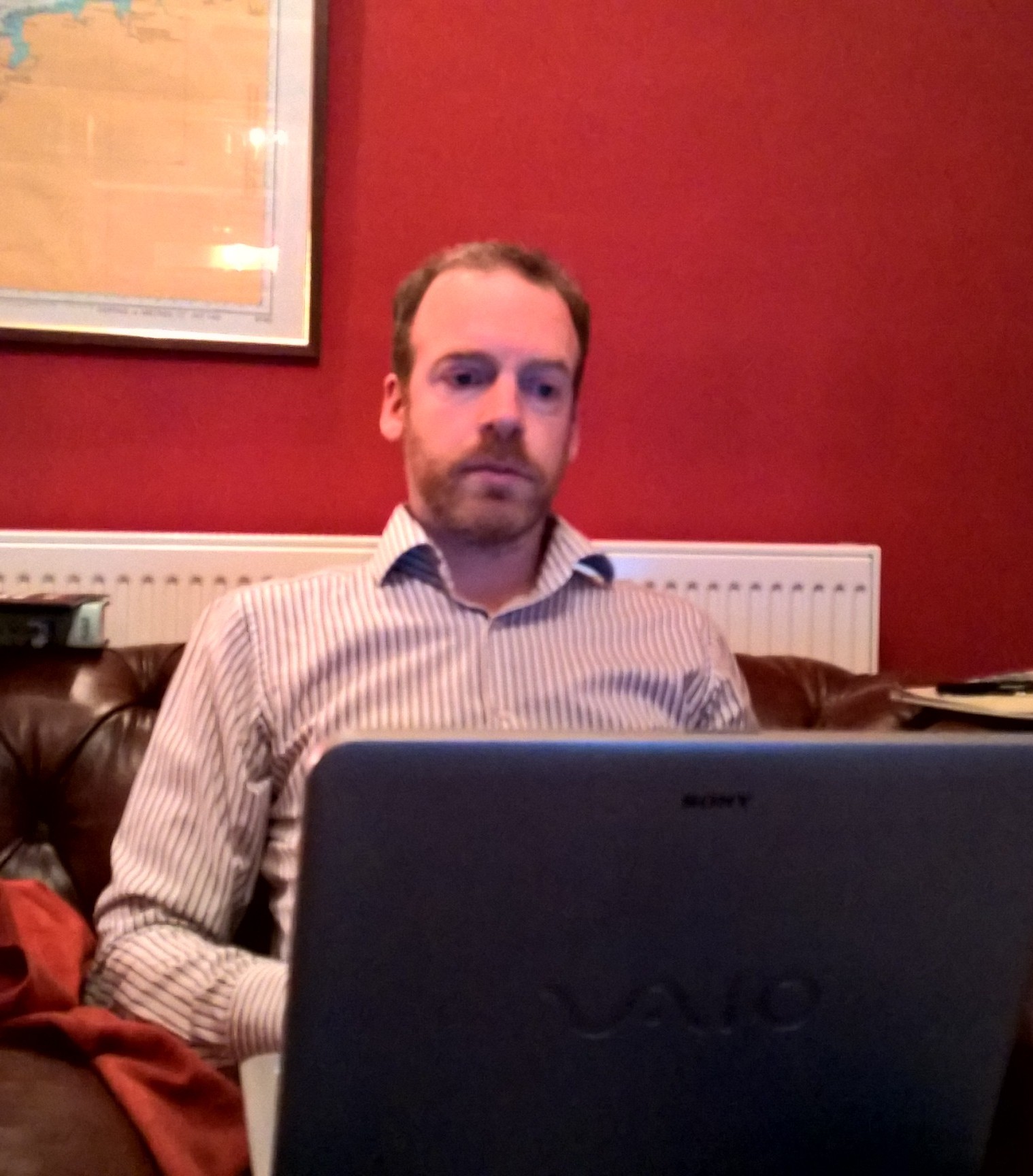by Dr Mark Taubert @DrMarkTaubert
Social media use at conferences has become so commonplace that it is not at all unusual for a presenter to be faced with an audience peering down at laptops/tablets/smartphones (academic spectacles reflecting myriad shimmers of blue LED light to the front). Sometimes flashlights, bright screens and tablets (held up in the air) can be so prevalent that they are a nuisance to speakers and fellow delegates, and rules of etiquette are hurriedly announced.
Delegates often part with a lot of money to attend academic events, and some like to capture the moment ‘live’ on their microblog or even take videos of entire lectures and post them online.
The pure practicality of social media platforms offering novel flexibilities in sharing, has left some organizers scrambling for advice and guidance, for instance on copyright and research governance issues. ‘Vitae’ have produced a handbook for researchers and supervisors on social media, that covers a number of areas that need to be considered, but the issue of live tweeting new findings presented at academic events is one that conference organizers need to be increasingly mindful of. It is, for instance, a reasonable idea to inform those researchers who are submitting abstracts to conferences where live blogging is encouraged and allowed, that this will indeed be taking place, and that their presentations may be shared online. Equally, conference organizers may prefer to issue a statement that live tweeting or pinning is not permitted. It is reasonable to argue that such uses of social media will in some instances constitute a first (written) publication of an abstract or research work, if the conference abstract itself is due in a journal only a month or so later. Journals, too, may need to formulate clauses and guidance stating whether they feel this infringes on their copyright agreement with existing and prospective authors.
In autumn 2014 a debate began on Twitter, later given the hashtag #Twittergate; there was much discussion around the etiquette and legalities of live tweeting at conferences. Opposing camps were either of the opinion that freedom of information trumps all in the knowledge revolution we are witnessing, or they felt that violations of copyright were paramount. Journalist Steve Kolovich later summarised it thus: “Scholars often present unpublished work at conferences. But while they may be willing to expose an unpolished set of ideas to a group of peers, academics may be less eager to have those peers turn around and broadcast those ideas to the world“.
For further reading, Ernest Priego in a Guardian article gives 10 top tips on academic live tweeting.